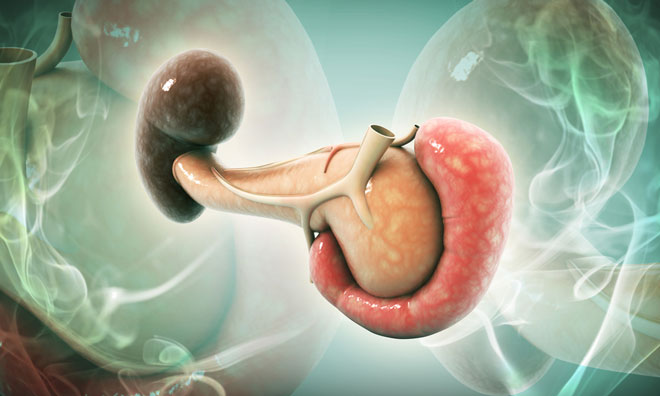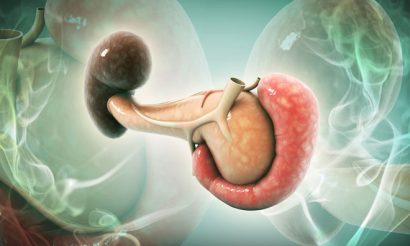Long-term study shows less frequent and severe pancreatitis following gene therapy for LPLD
Posted: 30 September 2016 | | No comments yet
6 years after receiving a single treatment with gene therapy, patients with the debilitating genetic disease LPLD had 50% fewer episodes of pancreatitis…


Up to 6 years after receiving a single treatment with the gene therapy product lipoprotein lipase (LPL), patients with the debilitating genetic disease LPL deficiency (LPLD) had about 50% fewer episodes of pancreatitis than before receiving the treatment.

None of the study participants suffered severe pancreatitis following gene therapy and only one required admission to the intensive care unit for treatment of LPLD, which can be fatal.
The researchers compared the frequency and severity of definite and probable pancreatitis or acute abdominal pain in 19 patients for equal time periods before and after gene therapy.
They report that a single dose of alipogene tiparvovec, designed to restore LPL activity in patients with LPLD, was associated with both a lower frequency and severity of pancreatitis events and, consequently, with reduced healthcare costs over the 6-year follow-up period.
“As the first EMA-licensed clinical gene therapy in history, Glybera occupies an important place in the history of human gene therapy,” says Editor-in-Chief Terence Flotte, MD, Celia and Isaac Haidak Professor of Medical Education and Dean, Provost, and Executive Deputy Chancellor, University of Massachusetts Medical School. “The 6-year follow up data presented here demonstrate that the long-term persistence of rAAV that has long been observed in preclinical settings will be true in patients as well.”
The study was led by an international team of researchers led by Daniel Gaudet, Université de Montreal, Academic Medical Center and uniQure BV and Erasmus Medical Centre, Chiesi Farmaceutici, Denis Diderot University and University Hospital of North Midlands.




